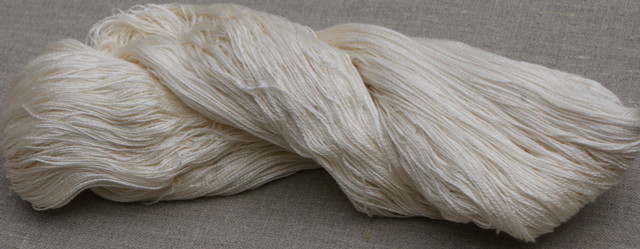What Is Industrial Yarn? And What Are Its Basic Specifications?
Industrial yarn such as cotton seine twine is created and manufactured to be used in items where, frequently, functionality takes precedence over aesthetics.
Industrial yarns are often a part of a product used by non-apparel industry product producers to improve the product's strength, durability, performance, and other high-value attributes.
Whether stainless steel or habu yarn, tons of yarns are used annually by product manufacturers in sectors including wire and cable, web straps, industrial bags, geo-textiles, hose reinforcement, and many more.
However, it is common to discover that the yarn specifications provided by the end user do not correspond to the actual product being used.
A specification's precision and the quality of the material being supplied are even more important because most industrial textile end users do not have the laboratory equipment required to verify all the physical qualities to the paper standards.
It is crucial to work with a supplier who can test their goods thoroughly and frequently while also adhering to specifications.
Key Elements of Industrial Yarn
Yarn construction
The construction of yarn goes hand in hand with the size of the yarn. It is crucial to use two ends of a single base yarn plied together, such as 1000/2, or a single end of 2000DN can also be used.
Yarn Size
The yarn size can be listed in tex, cotton, denier, cotton count, and various other measures. The size of the yarn ultimately determines the yield of the final product.
Fiber Type
Clearly state the type of fiber, such as aramid, nylon, polyester, polyethylene, polypropylene, or specialty fiber. It also includes essential characteristics such as if the material should be of high tenacity, high modulus, or low shrinkage.
Where applicable, manufacturers should try not to involve a particular merge or lot number of raw materials as it can limit the options that are available for substituting relevant products.
Twist levels and direction
They can have an impact on how the material performs on your equipment and how the finished product reflects light. Twist levels can impact the yarn's diameter, the amount of coverage it gives for your product, as well as the material's strength and resistance to abrasion.
Heat Shrinkage
This is crucial for rubber products that must be vulcanized but also holds true for other situations where materials are subjected to high heat. If yarn shrinks too much, it may reduce the hose's diameter or alter how the yarn will lay when used for belting.
Conclusion
If you are looking to buy industrial yarn such as habu yarn, then you must visit a trusted online store such as The YarnHub.
They have everything when it comes to buying yarn. Visit their website and start buying the best-quality yarn.




Comments
Post a Comment